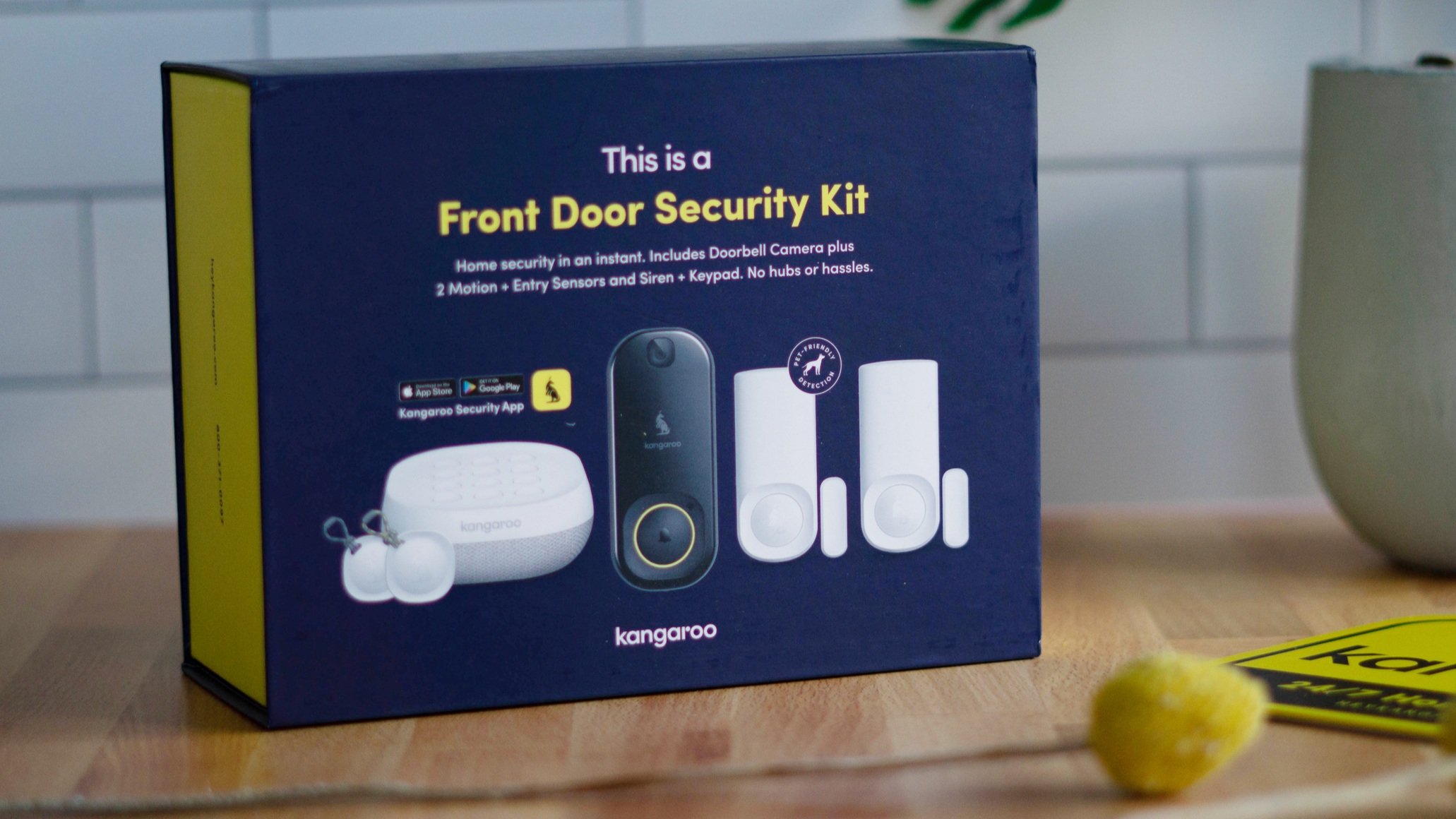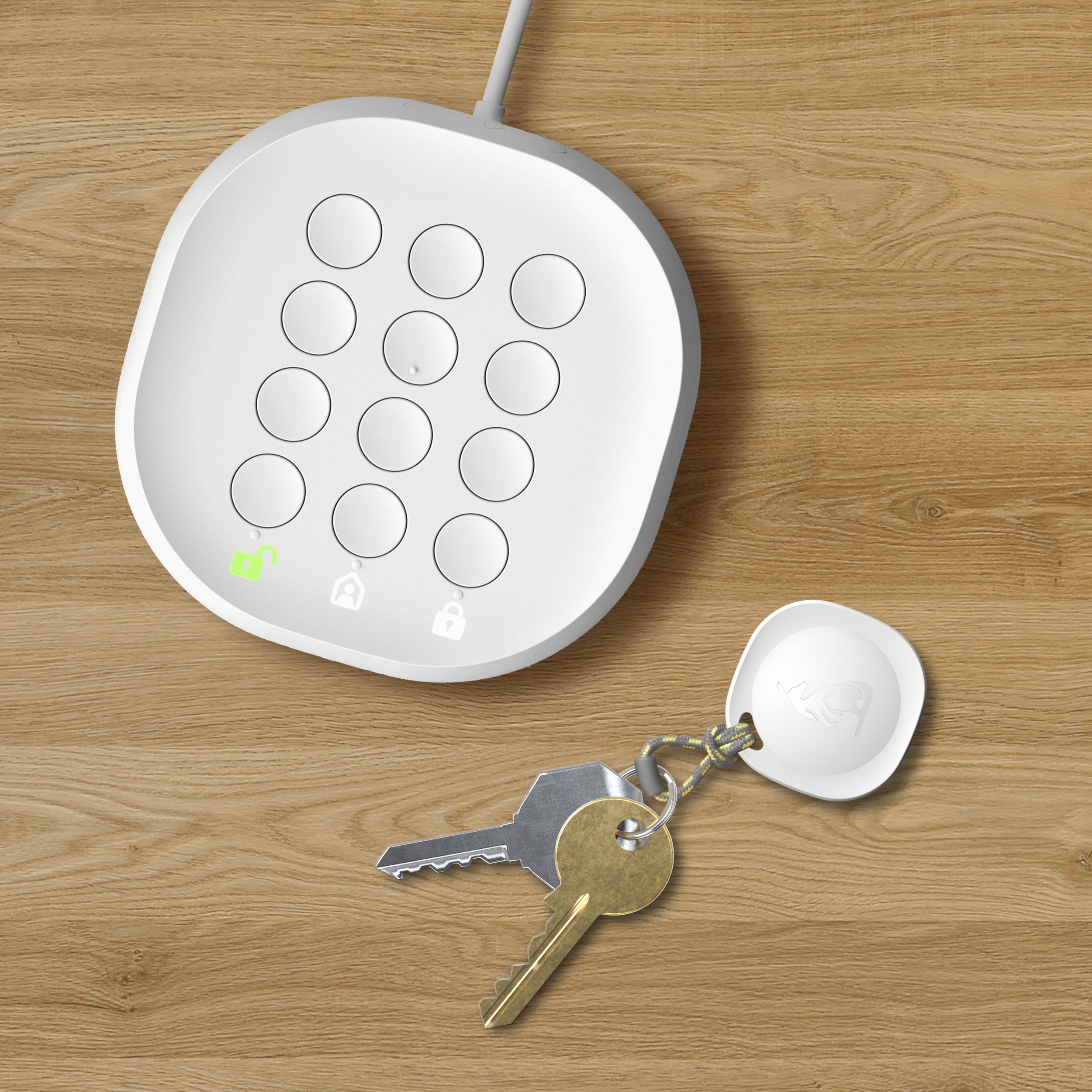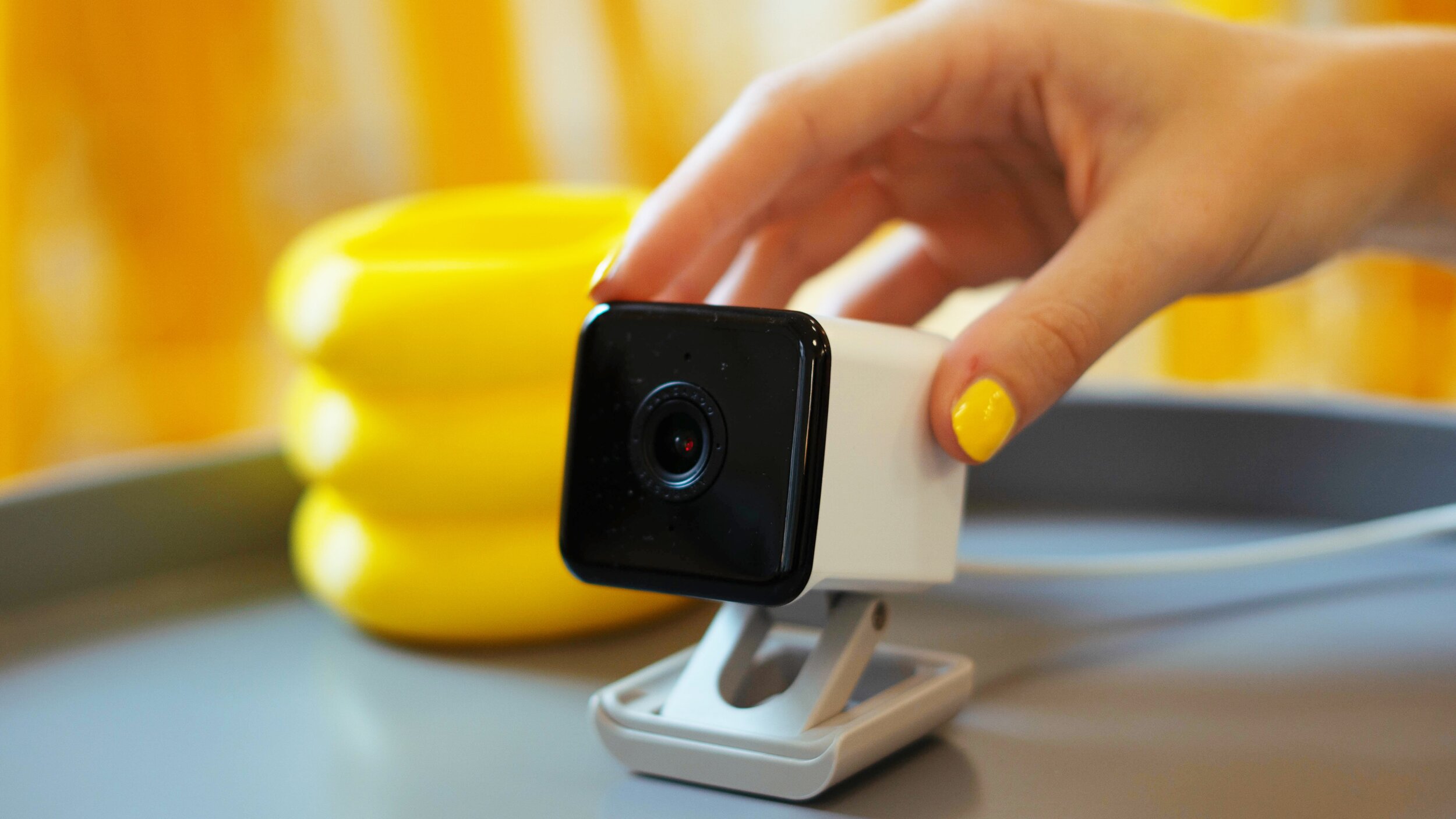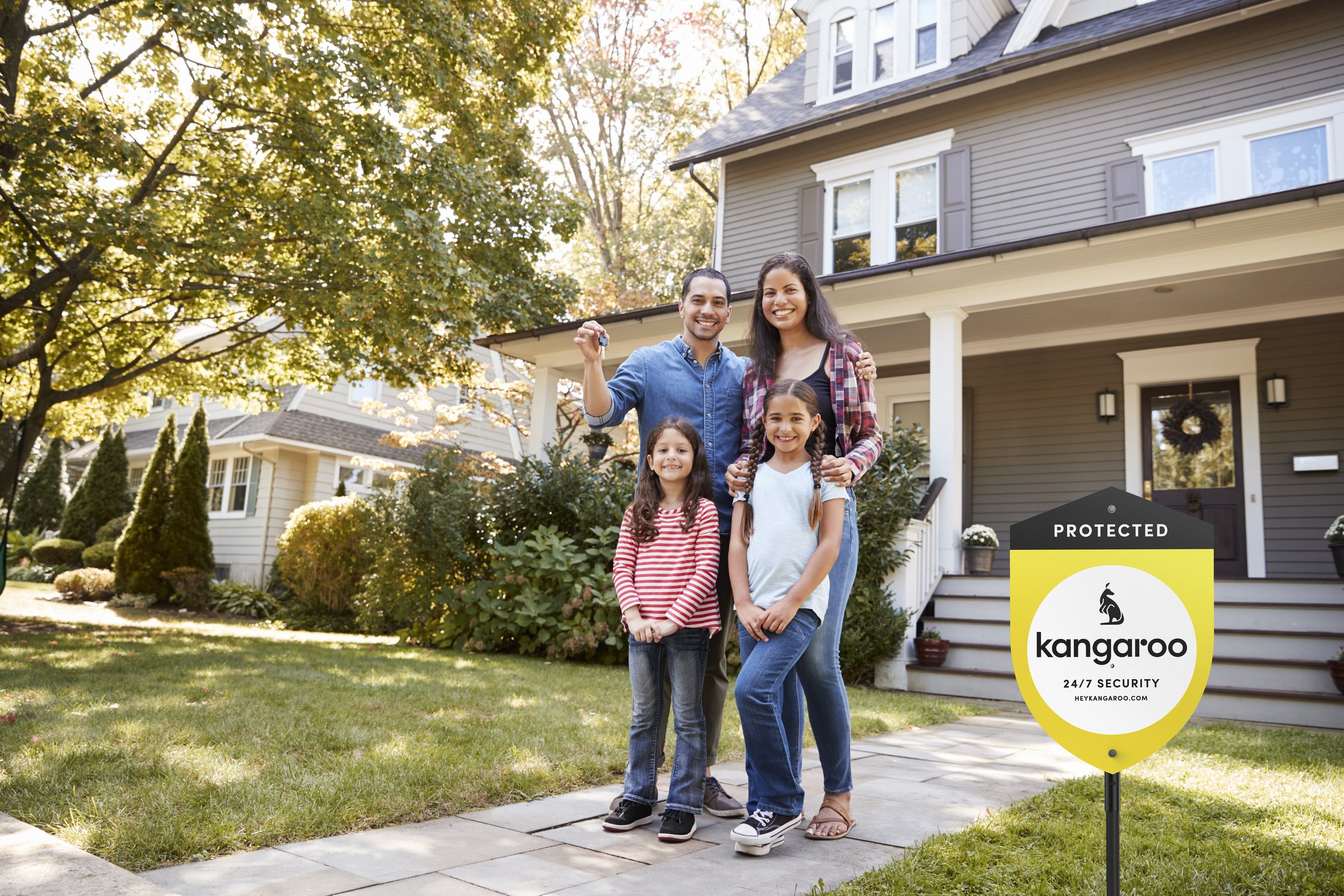Are Smart Home Security Systems Really Worth the Hype?
Smart home technology has revolutionized how we live, and home security is no exception. Futuristic systems promising seamless control and enhanced protection are everywhere. But beyond the marketing buzz, a crucial question remains: Are smart home security systems really worth the investment? This guide dives deep into the features, benefits, potential drawbacks, and costs to help you make an informed decision for your home's safety and your peace of mind.
What Exactly is a Smart Home Security System?
Unlike traditional alarms, smart home security systems connect to your home's Wi-Fi network, allowing for remote control, monitoring, and integration with other connected devices. They move beyond basic intrusion detection to offer a suite of interactive features. Key components typically include:
Core Components
Smart Security Cameras: Indoor and outdoor cameras offering features like live streaming, recording, night vision, motion detection, and sometimes two-way audio or AI-powered alerts (e.g., person detection).
Door & Window Sensors: Trigger alerts or alarms when entry points are opened or breached.
Motion Sensors: Detect movement within specific zones inside or outside your home.
Smart Hub / Control Panel: The central "brain" connecting and managing all devices, often controllable via an app.
Mobile App: Allows remote monitoring, arming/disarming, receiving real-time alerts, and managing settings from your smartphone or tablet.
Common Add-ons & Integrations
Video Doorbells: See and speak to visitors remotely (e.g., popular options like Ring or Google Nest).
Smart Locks: Lock and unlock doors remotely or automate locking schedules (e.g., Schlage Encode).
Environmental Sensors: Detect smoke, carbon monoxide, water leaks, or freezing temperatures.
Smart Lighting & Plugs: Integrate with lights (like Philips Hue) to simulate occupancy or trigger lights during an alarm event.
Voice Assistant Compatibility: Control your system using Amazon Alexa or Google Assistant.
The Key Benefits: Why Consider Smart Home Security?
Smart systems offer compelling advantages over older methods:
Enhanced Security & Peace of Mind
Real-time alerts and remote monitoring via your smartphone mean you always know what's happening at home. Check live camera feeds, receive instant notifications for detected motion or opened doors, and arm/disarm your system from anywhere. This constant connection provides invaluable peace of mind.
Deterrence & Crime Prevention
Visible security cameras, sensors, and yard signs are proven deterrents. Many potential intruders will bypass homes with obvious security measures. Features like motion-activated spotlights or sirens can actively scare off unwelcome visitors.
Unmatched Convenience & Control
Manage your home's security effortlessly. Forgot to lock the door? Do it remotely. Need to let a guest in? Unlock the door via your app. Want lights to turn on when you arrive? Automate it. This level of control simplifies daily routines.
Valuable Evidence Collection
In the unfortunate event of a break-in, fire, or other incident, recorded video footage and sensor logs provide crucial evidence for police investigations and insurance claims.
Potential Insurance Discounts
Many home insurance providers offer discounts for homes equipped with monitored security systems. Check with your insurer, as this can help offset the system's cost over time.
Potential Drawbacks & Considerations
While beneficial, smart security isn't without potential challenges:
Cost Breakdown (Upfront & Ongoing)
Smart security involves multiple costs:
Equipment: Cameras, sensors, hubs can range from affordable starter kits to expensive high-end devices.
Subscription Fees: Many systems require monthly fees for features like professional monitoring, cloud video storage, or cellular backup.
Installation: While DIY options exist, professional installation adds to the initial expense.
Technical Complexity & Setup
Setting up and configuring multiple devices, Wi-Fi connections, and app settings can be challenging for those less comfortable with technology. Troubleshooting connectivity issues can also be frustrating.
Privacy Concerns
Having internet-connected cameras and microphones inside and outside your home raises valid privacy questions. Understand how your data is stored, who can access it, and the manufacturer's privacy policies.
Cybersecurity Risks
Any internet-connected device is potentially vulnerable to hacking. Choose reputable brands with strong security track records and follow best practices (strong passwords, firmware updates) to minimize risk.
Potential for False Alarms
Improperly placed sensors, pets, or sensitivity settings can sometimes trigger false alarms, which can be annoying and potentially lead to fines from local authorities if police are dispatched unnecessarily.
Kangaroo: Smart Security Made Simple & Affordable
Kangaroo Smart Home Security stands out in the market by offering a more user-friendly and affordable alternative to complex smart security setups. Our DIY system is designed for easy installation and offers essential security features without the overwhelming bells and whistles.
Here's why Kangaroo might be a good fit for you:
Affordability: Kangaroo offers a range of affordable devices and flexible subscription plans.
Ease of Use: The system is designed for simple setup and intuitive control through a user-friendly app.
Essential Features: Focuses on core security functions like motion detection, door/window sensors, and sirens.
Flexibility: Easily expand your system with additional devices as your needs change.
How to Decide: Is a Smart System Right for Your Home?
The "worth it" question ultimately depends on your individual circumstances. Consider these factors:
Your Budget
How much are you comfortable spending upfront for equipment and potentially monthly for monitoring or cloud storage? Compare DIY options vs. professionally installed systems.
Your Tech Comfort Level
Are you happy setting up devices, managing apps, and potentially troubleshooting Wi-Fi issues? Or would you prefer professional installation and support?
Your Security Priorities
Do you need basic intrusion detection, or are advanced features like video surveillance, smart lock integration, and environmental monitoring important?
Your Smart Home Ecosystem
Do you already use smart devices (lights, thermostats, speakers)? Do you want your security system to integrate seamlessly with them for automation routines?
Frequently Asked Questions (FAQ) About Smart Home Security
-
Yes! Modern DIY systems like Kangaroo, Ring Alarm, and SimpliSafe are user-friendly and effective for many homeowners. They offer flexibility and can be self-monitored or professionally monitored, often without long-term contracts.
-
Self-monitoring: You receive alerts directly on your smartphone and decide how to respond (e.g., call police yourself, check cameras). It typically has lower or no monthly fees. Kangaroo offers excellent self-monitoring capabilities.
Professional monitoring: A central station monitors alerts 24/7 and can dispatch emergency services on your behalf. This usually involves a monthly fee. Some DIY systems offer optional professional monitoring.
-
Proper sensor placement (avoiding direct sunlight, heating vents), adjusting motion sensitivity settings, and using pet-friendly modes can significantly reduce false alarms. Refer to your system's manual for specific guidance.
-
It depends. Cloud storage allows you to access recordings remotely but usually requires a subscription. Some cameras (like certain Arlo models) offer local storage options (e.g., microSD card) as an alternative or backup.
-
Yes, many systems integrate with platforms like Amazon Alexa, Google Assistant, IFTTT, or specific devices like smart locks (Schlage), lights (Philips Hue), and thermostats (Ecobee) for enhanced automation (e.g., lights turn on when motion is detected).
The Verdict: Is Smart Home Security Worth Your Investment?
The answer is increasingly a resounding YES. Smart home security systems offer undeniable advantages, delivering powerful protection, unparalleled convenience, and invaluable peace of mind that older systems simply can't match. The ability to monitor your home remotely, receive instant alerts, and integrate security with other smart devices represents a fundamental leap forward in safeguarding what matters most.
While it's wise to consider your budget and choose a system that matches your comfort level with technology (thankfully, options like Kangaroo make DIY setup easier than ever!), the core benefits are compelling for nearly everyone. For homeowners seeking proactive defense against threats, real-time awareness, and effortless control over their home's safety, the investment in a smart security system is more than justified—it's a smart, practical choice for modern living. It's less a question of if you need smart security, and more about finding the right fit to bring that enhanced safety home.







